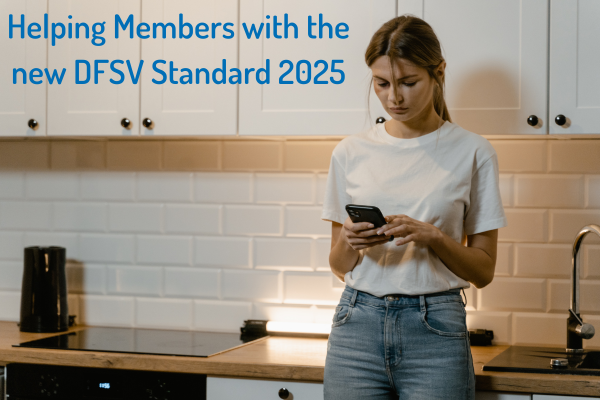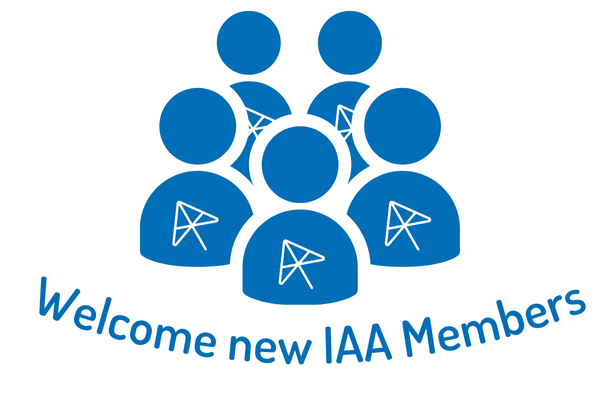The Telecommunications (Domestic, Family and Sexual Violence Consumer Protections) Industry Standard 2025 (DFSV Standard) commenced 1 July, introducing lots of new rules for carriage service providers to assist consumers affected by domestic, family, and sexual violence in the telco context. The obligations under the DFSV Standard are listed at the end of the article. You can also read guidance prepared by the ACMA on its website.
One of the obligations is for CSPs to consult with DFV support services, a panel of victim-survivors or other expert organisations to inform the provider’s policies, procedures, and training material. However, for smaller CSPs with less than 30,000 SIOs, this consultation may be conducted by an industry representative on behalf of the small CSP.
We will be organising a joint-consultation forum in the future to help inform CSPs’ DFSV policies, statements, and training material, with further details to be provided in due course.
In the meantime, we also recommend you to watch the recording of Telco Together’s last webinar, which discussed the new DFSV Standard.
Obligations under the DFSV Standard:
Please note, a ‘large provider’ means a provider with at least 30,000 SIOs and a ‘small provider’ means a provider with less than 30,000 SIOs.
From 1 July, telcos must:
- Reverse service limitation for affected persons (s 13(3)-(5)):
If a service has been limited (e.g. suspended or disconnected), and the affected person urgently requests reversal due to a DFV safety risk, the telco must urgently reverse it on first contact, or offer an equivalent service if reversal isn’t practical. However, reversal isn’t required where doing so would breach another Commonwealth law (e.g. emergency call service obligations).
- Not require affected persons to engage with perpetrator (s 15(1)):
Telcos must not require a person affected by DFV to contact or interact with the perpetrator of the DFV or the perpetrator’s authorised representative.
- Publish information about support offered (s 16):
Telcos must publish information on their website about the support they offer to people affected by domestic and family violence. If they don’t yet offer specific support, they must publish contact details for external support organisations and indicate when their own support services will become available.
- Implement a DFV Policy (s 19-20):
Telcos must begin to develop and implement a DFV Policy that is approved by the telco’s most senior executive, and develop supporting procedures that meet specific standards. The DFV Policy must be implemented by 1 January for large providers, and 1 April for small providers.
- Train staff on DFV – general (s 21)
All personnel must receive DFV training, which can be delivered internally or via an expert 3rd party. Staff must be trained by 1 January for large providers, and 1 April for small providers.
- Conduct specialised DFV Training for customer-facing staff (s 22):
Personnel in customer service, or likely to deal with DFV issues must complete specialised DFV training which covers applying the telco’s DFV policy and procedures, nature of DFV and its relationship to telco services, how to identify affected persons, intersectionality and DFV, engaging with affected persons, and recognising and prioritising safety of affected persons and the safety of personnel engaging with perpetrators. The specialised DFV training can be tailored to the role of the personnel, and may be delivered internally or via an expert 3rd party. Staff must be trained by 1 January for large providers, and 1 April for small providers, with annual refreshers of the training to be completed.
- Consult with expert organisations (s 32):
From 1 July, telcos must consult with and consider feedback from DFV support services and either people with lived experience or organisations representing at-risk groups when developing DFV policies and procedures (s 19), and training (s 21-22). Large providers must consult directly; small providers may do so via an industry body. As discussed above, IAA is looking at undertaking consultation requirements on behalf of our Members that fall under the ‘small provider’ category, and to develop template materials that our Members can adopt.
Please get in touch if you have any questions.



